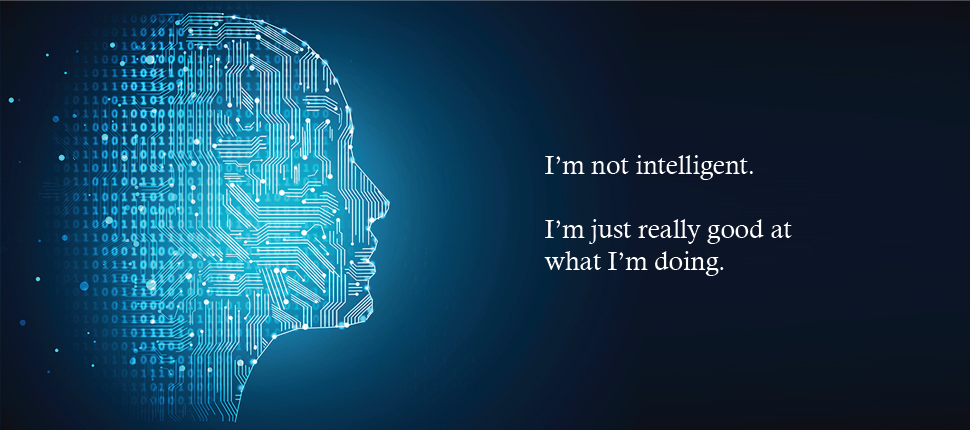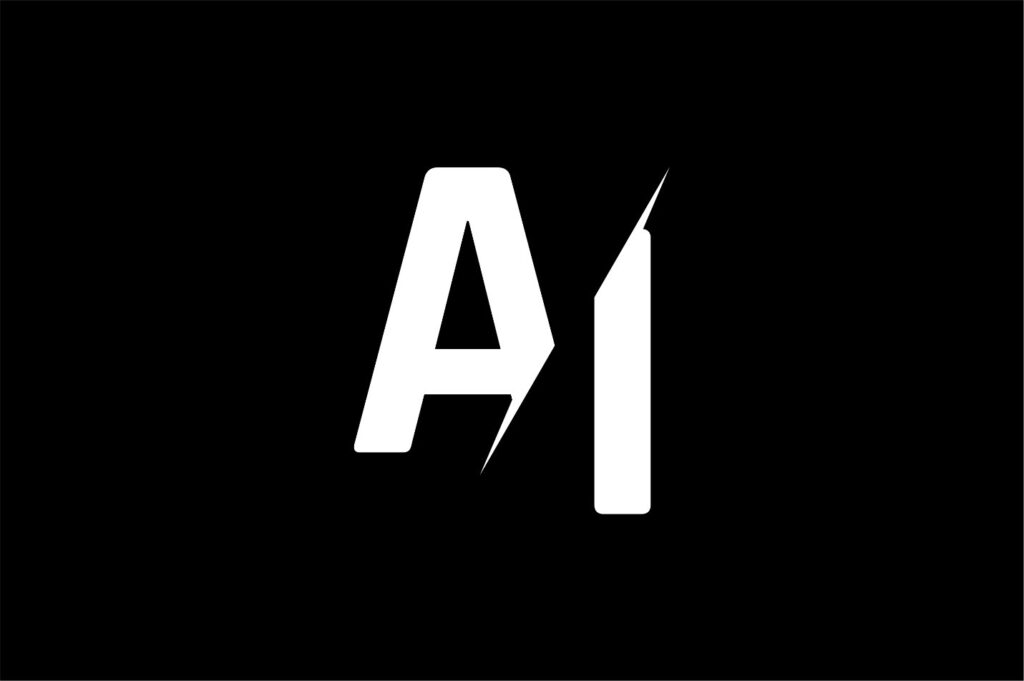
A monthlong study conducted by the BBC revealed a concerning amount of misrepresentation of source material and factual errors. ChatGPT, Microsoft’s Copilot, Google’s Gemini, and Perplexity were given access to the BBC’s website and were then asked a series of questions about the material found on the site.
The study showed:
- 51% of the AI answers were found to have “significant issues” of some form
- 19% of the AI answers introduced factual errors, such as incorrect factual statements, numbers, and dates
- 13% of the quotes from the BBC stories were either “altered or didn’t exist” in the article cited.
Pete Archer, the BBC’s program director for generative AI, said AI is “bringing significant challenges for audiences. People may think they can trust what they’re reading from these AI assistants, but this research shows they can produce responses to questions about key news events that are distorted, factually incorrect or misleading. The use of AI assistants will grow so it’s critical the information they provide audiences is accurate and trustworthy.”
We’re still early on in our AI journey. Everything from corporate hyperbole to honest misunderstandings will shape how effective AI is at solving the complex problems many people claim it can. In the meantime, it seems we have as much, or more, to learn about AI as it does about the world around us.
Top 3 Takeaways
- 51% of AI-driven answers have troubling issues
- 19% of AI-generated answers introduced errors
- 13% of AI-generated answers were altered or didn’t exist
Keywords: #AI Today, #AI, #BBC, #ChatGPT, #Copilot, #Gemini, #Perplexity







